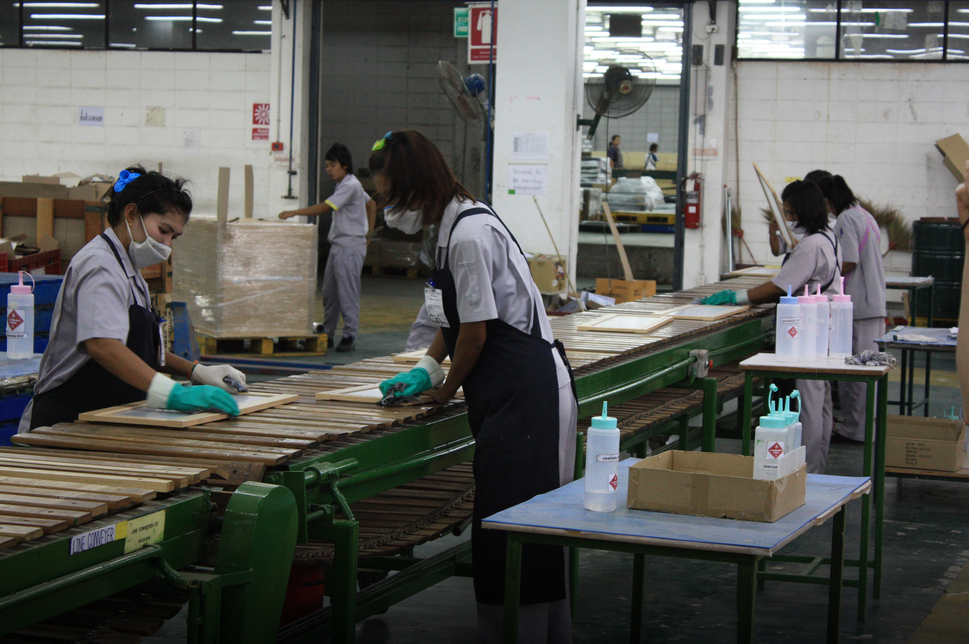As the Metro Manila regional wage board deliberates a minimum wage hike for later this month, research group IBON said that a much-needed Php238 minimum wage increase is possible and need not be inflationary. Millions of Filipino workers including in the National Capital Region (NCR) are burdened by high prices of goods and services. The group said that the wage hike is possible and will not be inflationary if only companies are willing to take a small cut in their profits. The government can meanwhile support smaller establishments to be able to afford the wage increase.
The purchasing power of poor and middle income households in NCR is eroding due to high inflation this year on top of the accumulated erosion from inflation in previous years. At the national level, IBON estimates that the country’s poorest 14 million households have already lost anywhere from Php1,800 to Php4,725 cumulatively from January to September this year because of inflation. The erosion in purchasing power in NCR is likely to be even greater. Monthly inflation in the first nine months of the year averages 5.0% nationwide but is higher at 5.6% in NCR.
IBON said that NCR firms have more than enough profits to support a Php238 minimum wage hike. The latest data from the Philippine Statistics Authority’s (PSA) Annual Survey of Philippine Business and Industry (ASPBI) reports that NCR firms (with 20 and over employees) had combined profits of Php903 billion in 2015 while giving an average daily basic pay (ADBP) of Php530. Using ADBP as a proxy for workers’ wages, raising the NCR minimum wage to Php750 and ensuring that workers get this will cost just Php132 billion which is just 14.6% of their profits.
In effect, NCR firms can pay the Php750 minimum wage and not have to pass this on to consumers as higher prices if they accept a slight cut in their profits. Large corporations can readily give this substantial wage hike, said the group, but government should ensure assistance to micro, small and medium enterprises (MSMEs) so that they can afford this. This can come in the form of tax breaks and incentives, cheap credit, subsidized fuel and utilities, and technology and marketing support, among others.
IBON added that the large wage hike is also justified by growing worker productivity. Between 2009 and 2017, labor productivity in NCR grew by 35% from Php456,059 per worker to Php614,297. However, that same period, the real value of the mandated minimum wage only increased by 11% and of ADBP by 16%, both measured in real terms at constant 2012 prices. This implies that a large part of productivity gains go to employers as profits rather than to workers as higher wages.
IBON stressed that it is more urgent than ever in these times of economic crisis for the government to ensure the poorest working class Filipinos do not suffer needlessly and for those with the capacity to adjust, such as enterprises and the wealthy, to contribute to a more equitable economy. ###

